Tour Cap Karoso’s timeless villas on a lesser-known Indonesian island
Described as a ‘modern traveller’s refuge’, Cap Karoso introduces a host of new villas on the idyllic island of Sumba
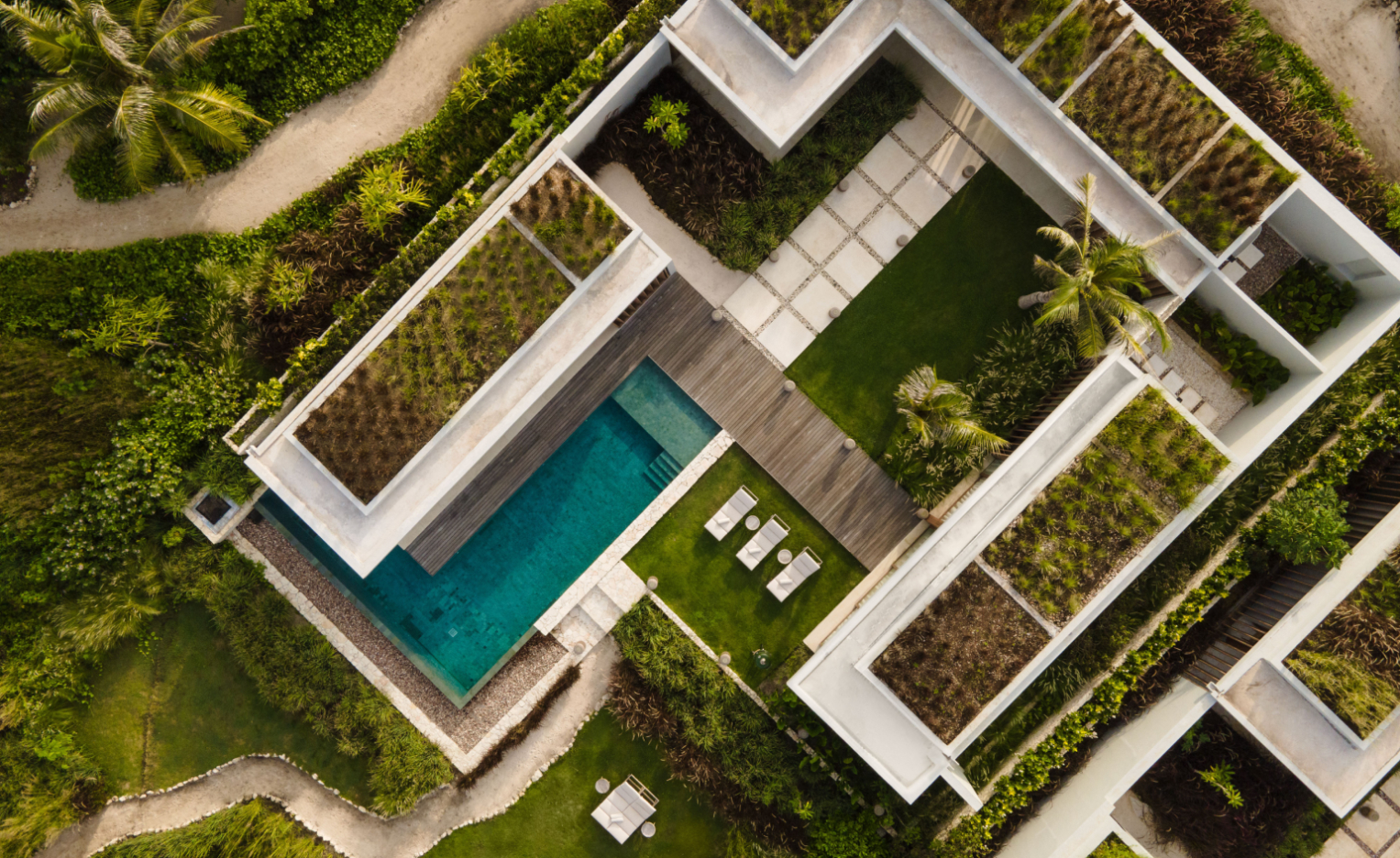
The Indonesian island of Sumba, a remote paradise about 400 miles east of Bali and 1,200 miles above Darwin, Australia’s northernmost shores, is a sprawling expanse of dense jungles and flour-white beaches. ‘The landscapes are unseen and unspoiled, with the most incredible wild beaches and waterfalls,’ says Evguenia Ivara, who, alongside her husband Fabrice, visited the island for the first time in 2017.
The couple, thrilled they had found a haven yet to succumb to the unchecked development of nearby Bali, soon returned to Sumba permanently to found their own retreat, Cap Karoso, a remote 47-room boutique hotel on the island’s westernmost point. Now, after nearly a year of operation, Cap Karoso is unveiling an expansion that allows guests to put down roots on this captivating island: a host of new villas are available to rent and purchase.
Cap Karoso, Sumba, Indonesia
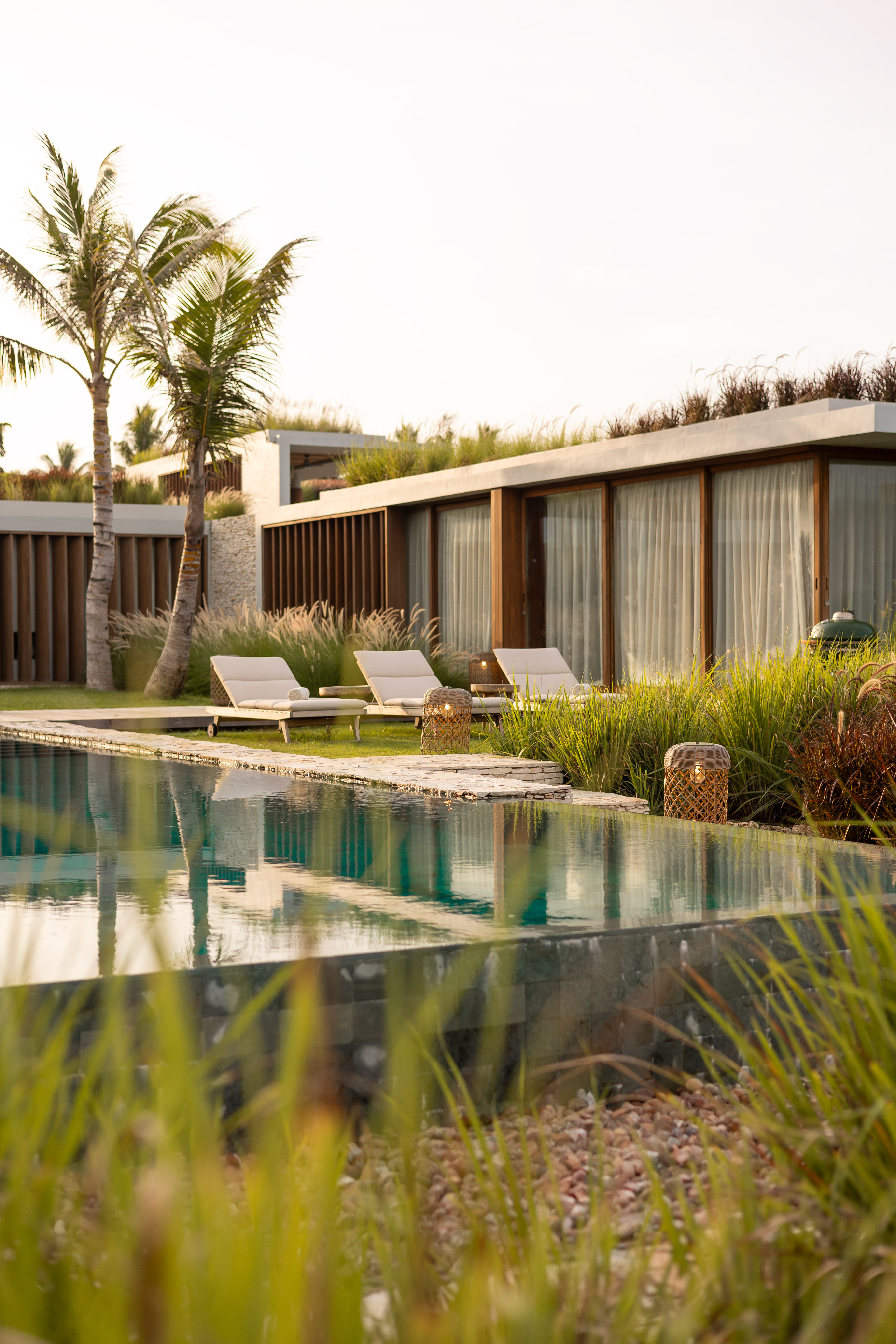
‘When we embarked on this journey, we were new kids on the block without much knowledge of Indonesia or much experience in construction,’ says Ivara, who envisioned a sustainable resort that could thrive without putting strain on the surrounding ecosystem. ‘The idea was to find an architect who would be inspired by Sumba but could weave it into more contemporary architecture.’ They eventually landed on the Jakarta-based firm GFAB – already familiar with the materials and construction methods available locally – to design the Cap Karoso.
The hotel combines the aesthetics of a Palm Springs villa with the artisan craft of Indonesia. The main building, where most rooms are located, hugs a field-sized infinity pool that seemingly empties into the ocean below. The two-storey modernist-inspired concrete structure acts as a visual counterpoint to the adjacent spa, whose thatched, peaked-roof huts are inspired by the dwellings found in Sumbanese villages. However, the beach club a few steps down the hill – with its colourful patterned tile walls, comfortable daybeds, open kitchen and views of turquoise waters – feels as if it’s been transported straight from the Côte d’Azur.
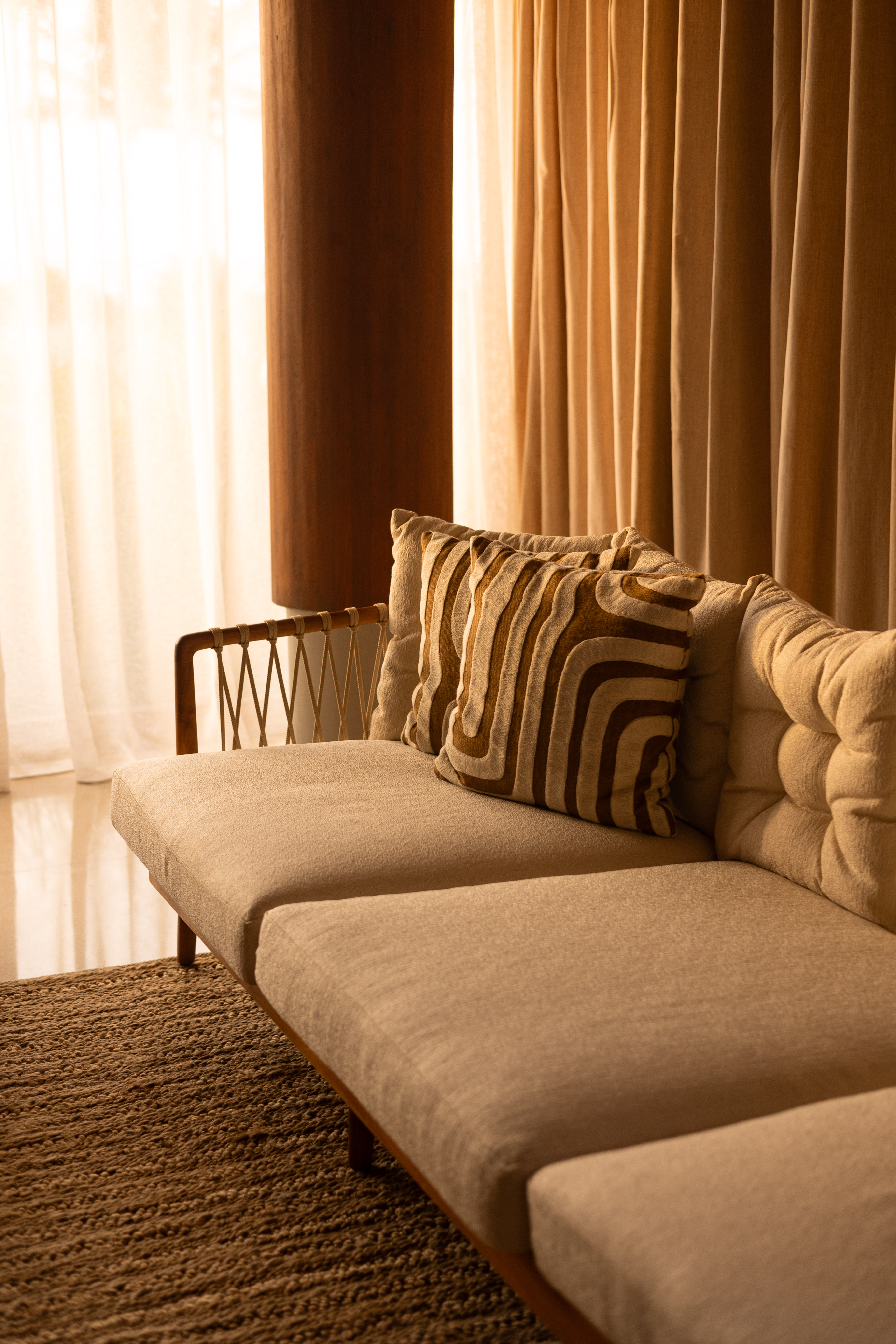
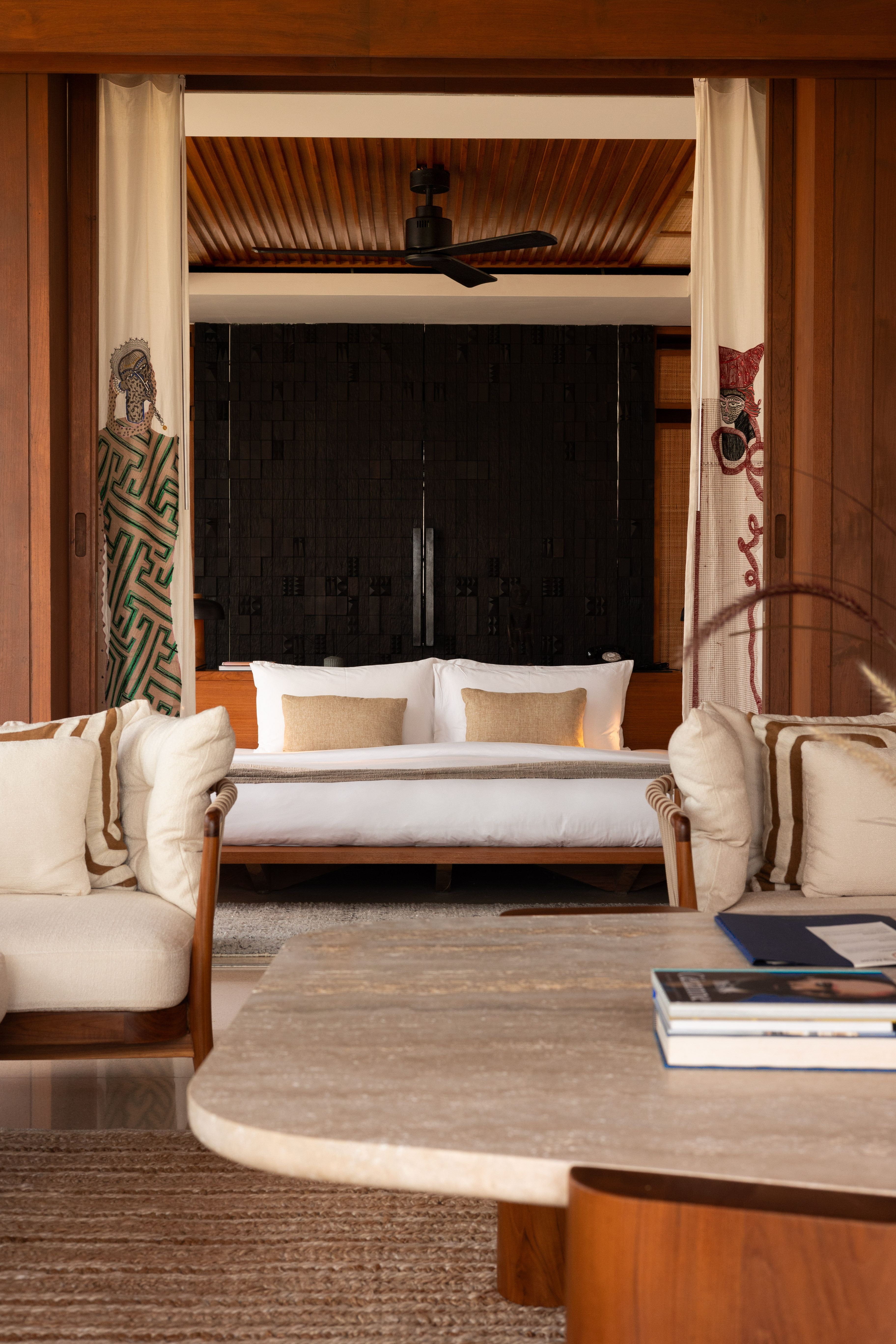
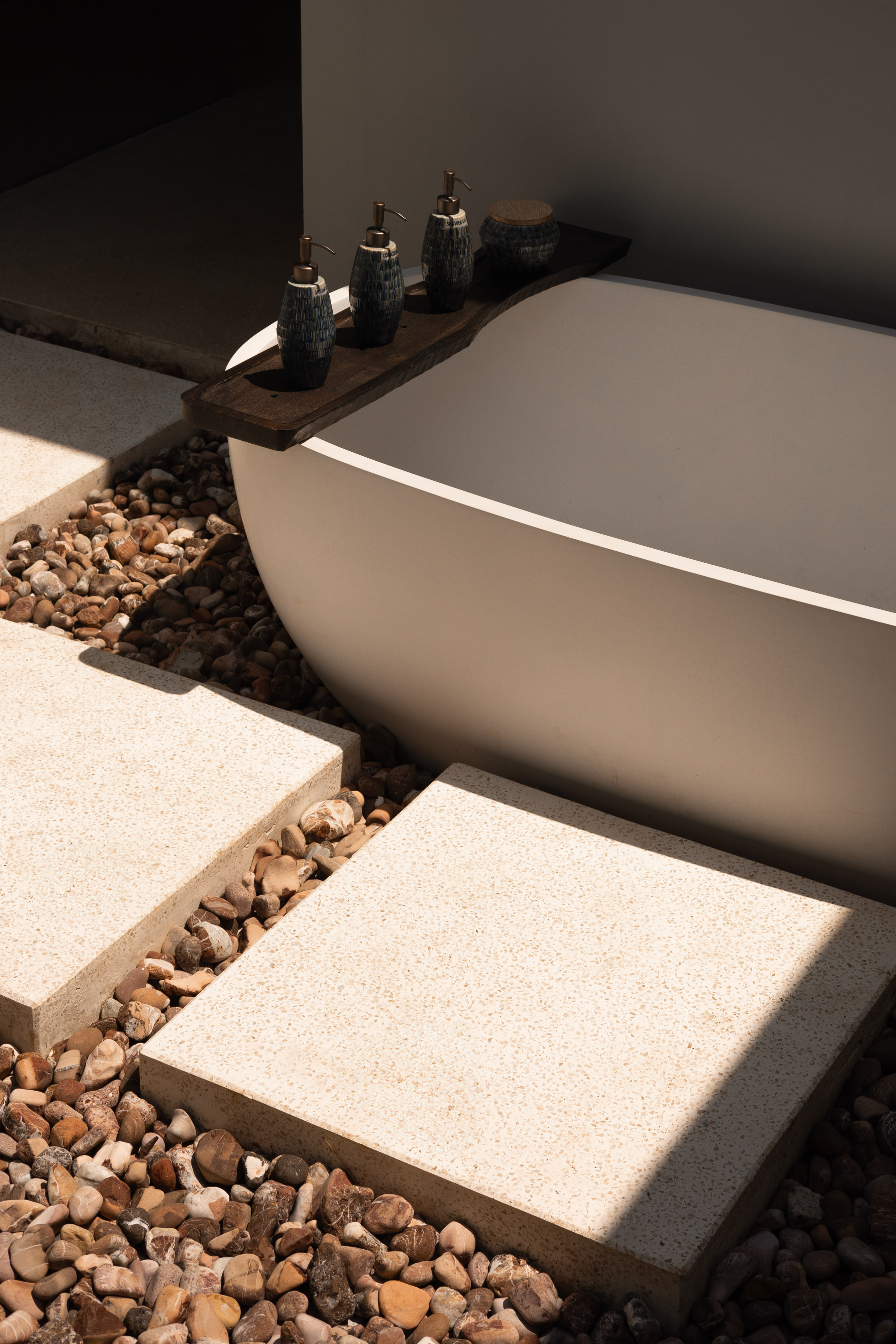
According to Ivara, the new two- and three-bedroom villas were designed to accommodate families and groups of friends. For instance, the two-bedroom Villa Ndara, which she describes as both ‘spacious and intimate’. The generous layout comprises a secluded garden, a living room, a sunken sofa area by the pool, an outdoor deck with a tree in the middle to provide shade and a rooftop terrace where guests can organise private dining experiences with Cap Karoso’s rotating resident chefs.
‘All the furniture and all the fabrics [in the villas] subtly tell the story of Sumba,’ says Ivara, who mixed local craftsmanship with French touches like textiles from Pierre Frey. ‘Each texture, colour, and pattern is inspired by the island, without directly taking a piece of Sumbanese ikat and placing it on the wall. The idea is to play with a larger field of references to reflect the incredible depth of Sumbanese aesthetics.’ That includes work by the New York-based artist Yuki Nakayama, whose abstract paintings draw inspiration from traditional Sumbanese architecture and walls made from native limestone, built using dry stone methods typical of southern France.
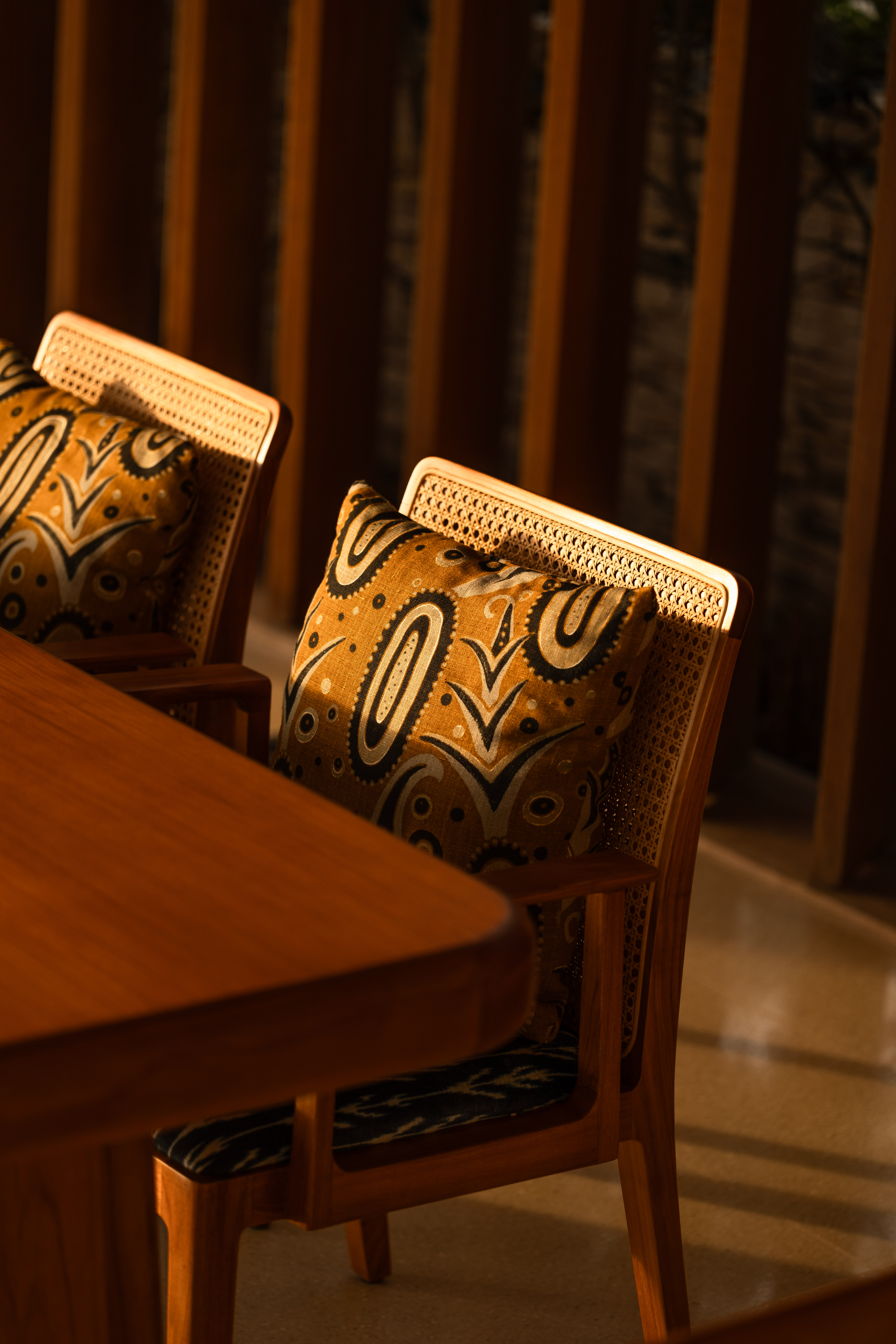
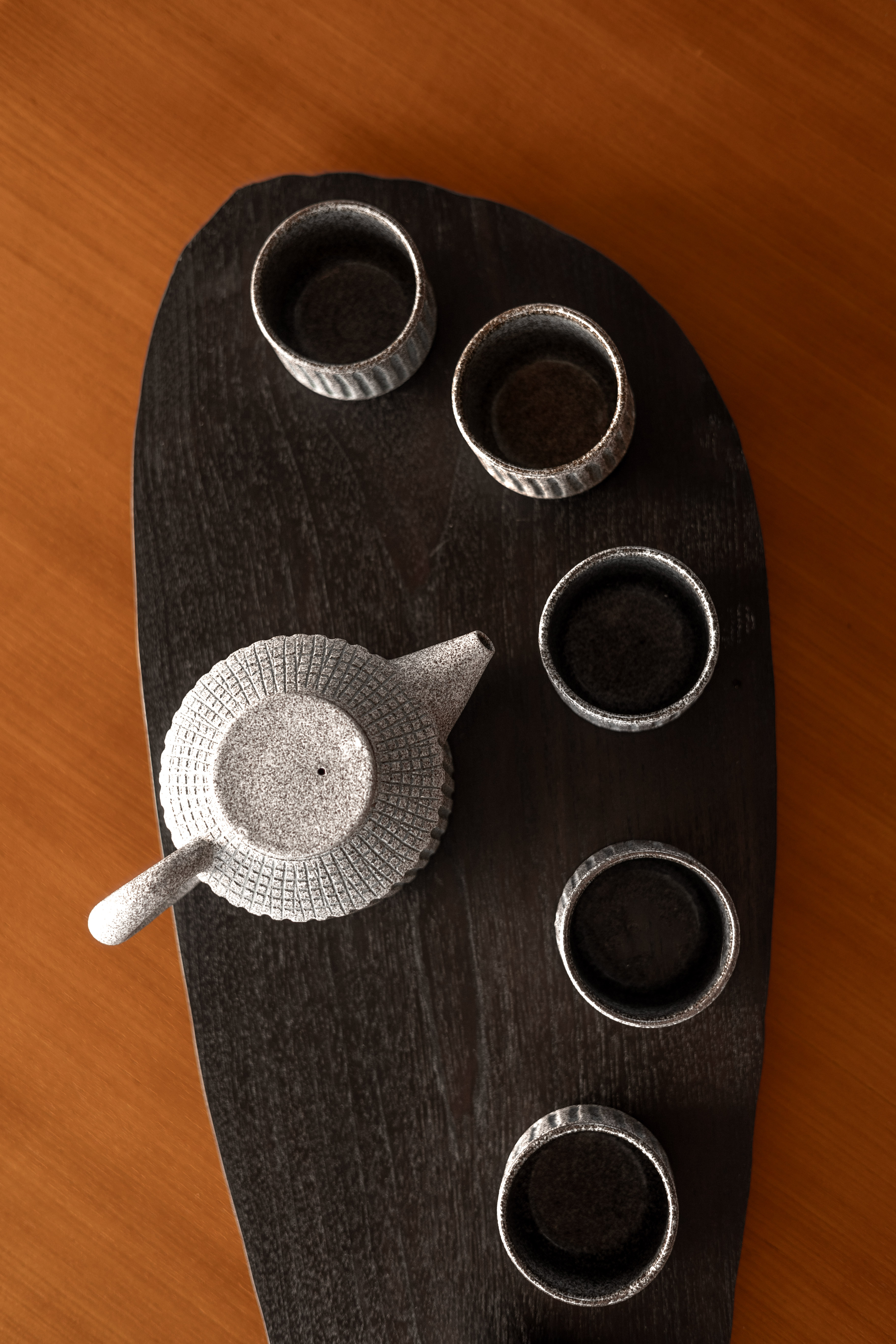
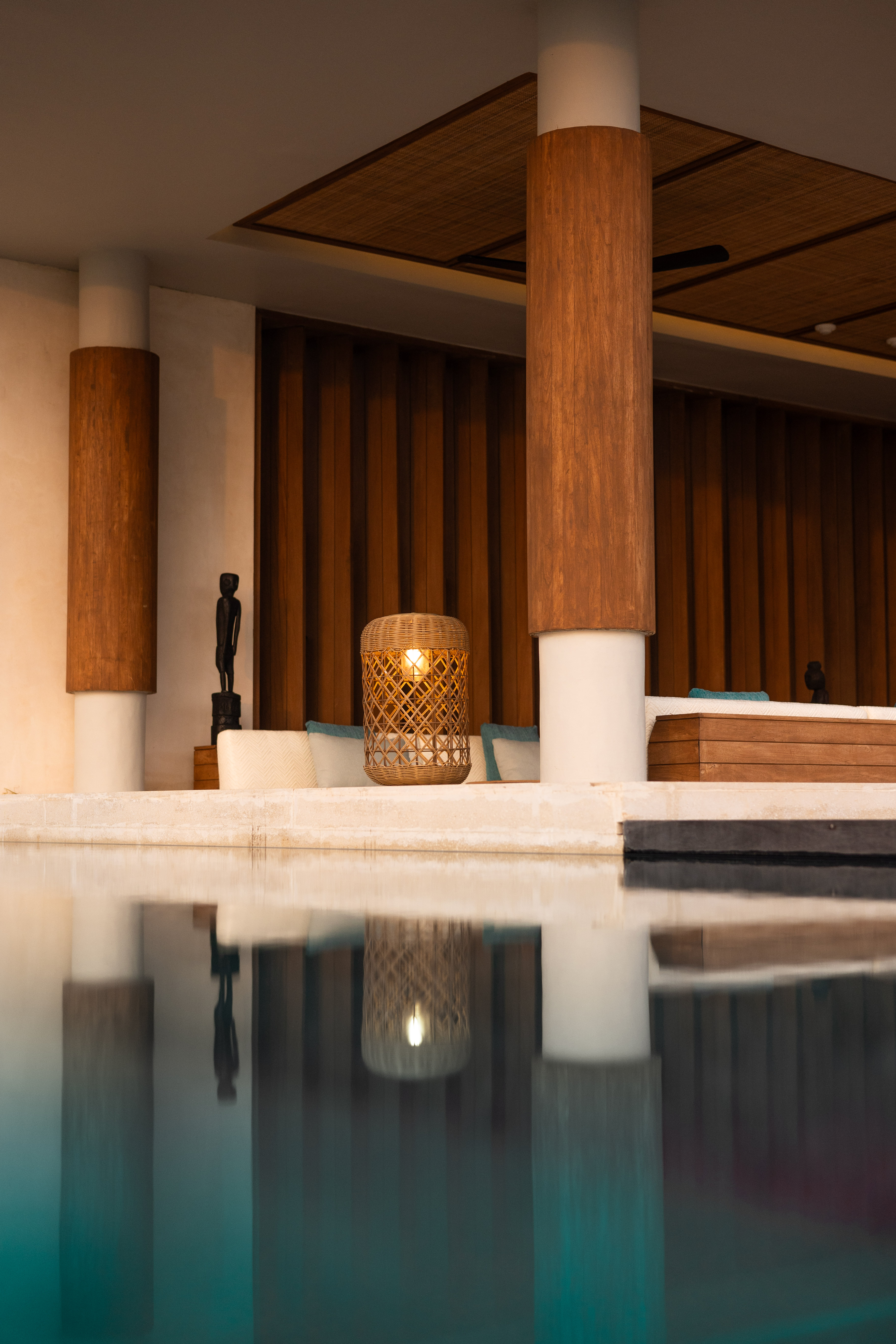
While Cap Karoso has no plans to expand its occupancy any further, in the future the Ivaras hope to add stables (the island is known for its swimming Sandalwood ponies and riding is an integral part of Sumbanese culture) and a recycling plant, as well as installing an up-cycling facility at the three-hectare farm where they grow much of the produce served in the hotel’s restaurants. ‘Sumba is not a destination for everyone,’ reflects Ivara, who sees the island as a place to completely disconnect. ‘It requires some reflection and a lot of respect to see and understand its beauty.’
Wallpaper* Newsletter
Receive our daily digest of inspiration, escapism and design stories from around the world direct to your inbox.
Find Cap Karoso at Pantai Karoso, Ate Dalo, Kec. Kodi, Kabupaten Sumba Barat Daya, Nusa Tenggara Tim., Indonesia, capkaroso.com
Laura May Todd, Wallpaper's Milan Editor, based in the city, is a Canadian-born journalist covering design, architecture and style. She regularly contributes to a range of international publications, including T: The New York Times Style Magazine, Architectural Digest, Elle Decor, Azure and Sight Unseen, and is about to publish a book on Italian interiors.
-
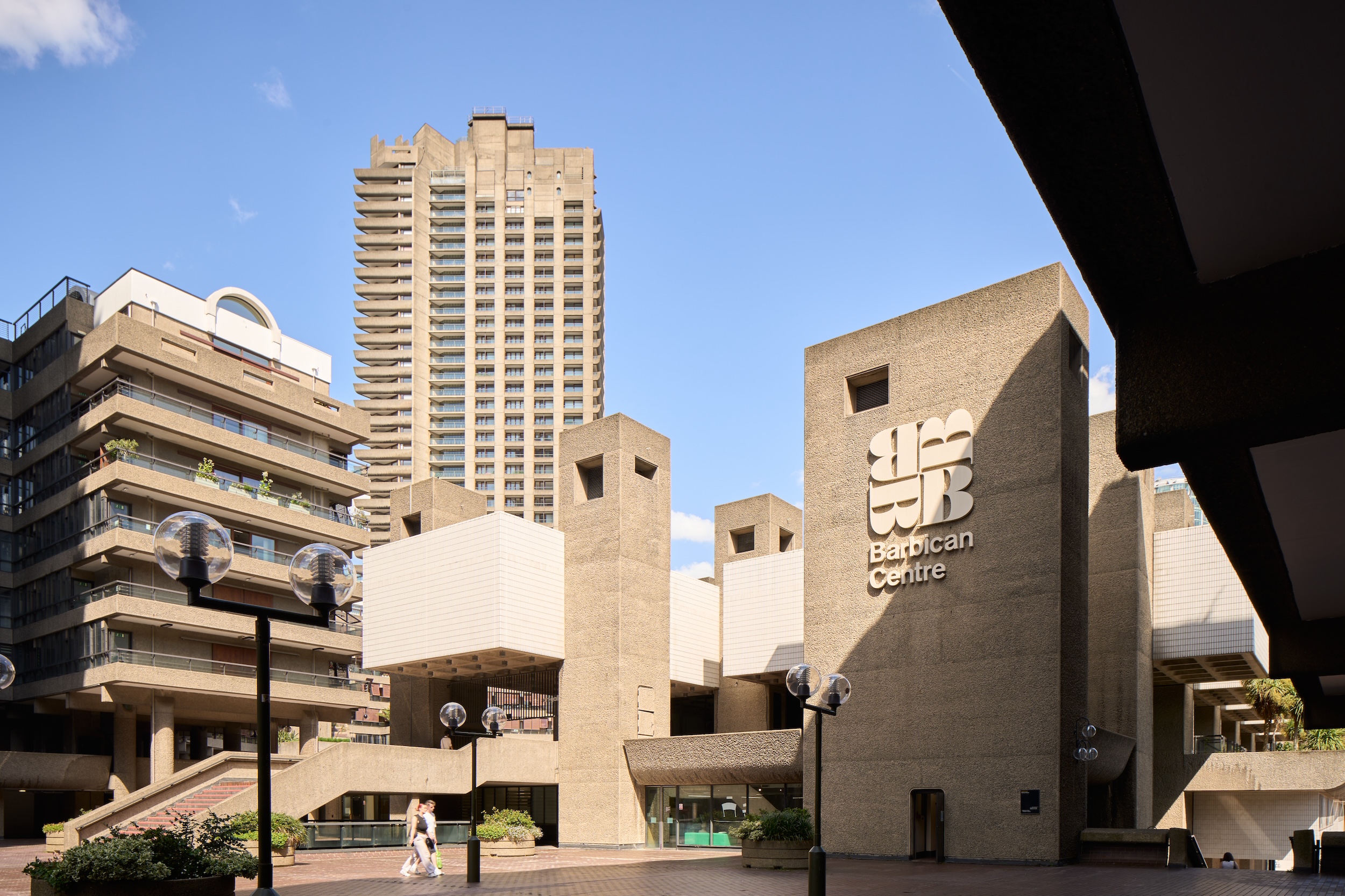 Warp Records announces its first event in over a decade at the Barbican
Warp Records announces its first event in over a decade at the Barbican‘A Warp Happening,' landing 14 June, is guaranteed to be an epic day out
By Tianna Williams
-
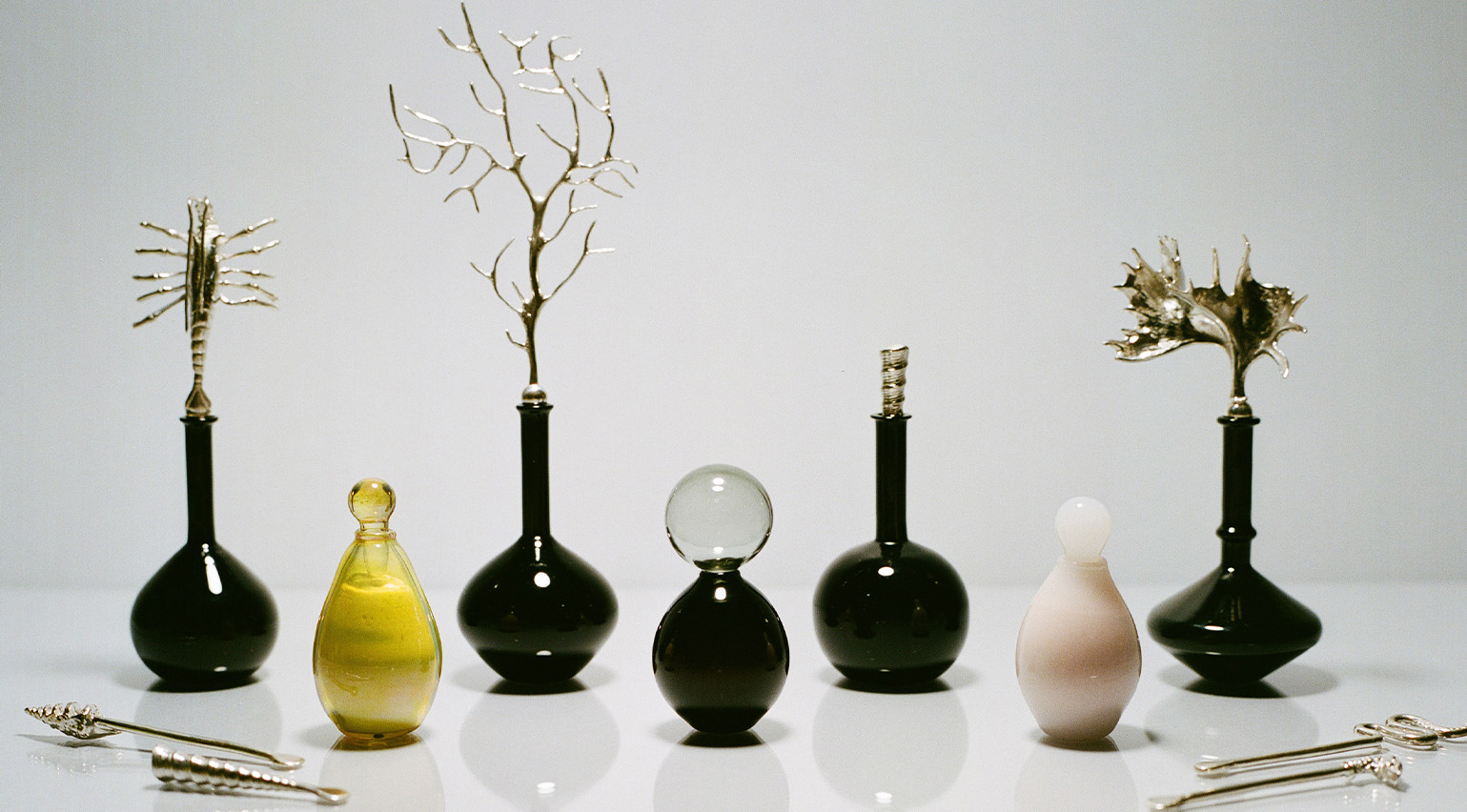 Cure your ‘beauty burnout’ with Kindred Black’s artisanal glassware
Cure your ‘beauty burnout’ with Kindred Black’s artisanal glasswareDoes a cure for ‘beauty burnout’ lie in bespoke design? The founders of Kindred Black think so. Here, they talk Wallpaper* through the brand’s latest made-to-order venture
By India Birgitta Jarvis
-
 The UK AIDS Memorial Quilt will be shown at Tate Modern
The UK AIDS Memorial Quilt will be shown at Tate ModernThe 42-panel quilt, which commemorates those affected by HIV and AIDS, will be displayed in Tate Modern’s Turbine Hall in June 2025
By Anna Solomon
-
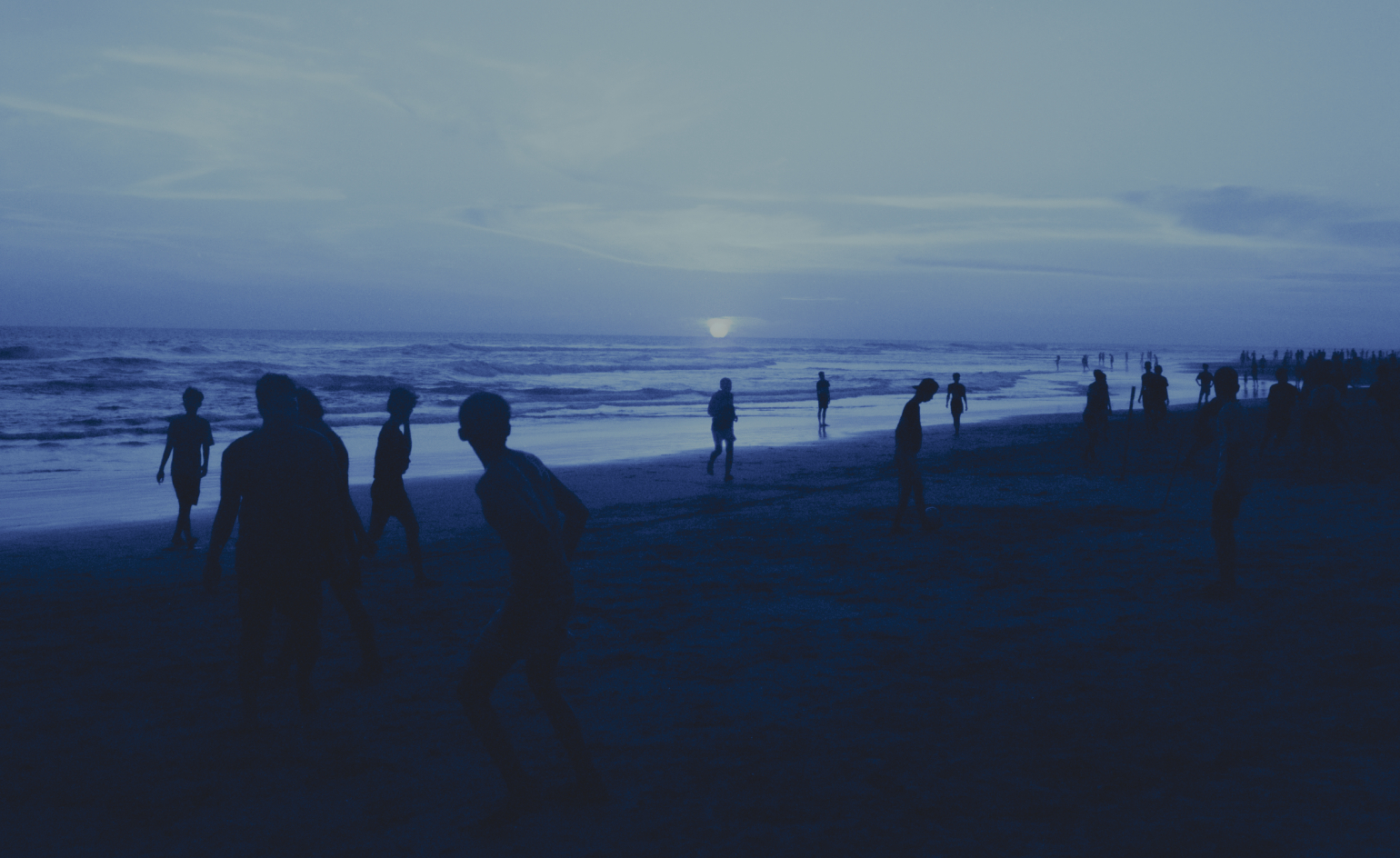 This arresting new photography book is a visual mediation on daily life in Indonesia
This arresting new photography book is a visual mediation on daily life in IndonesiaWith his lens, photographer Farid Renais Ghimas explores home, memory and the spaces in between
By Sofia de la Cruz
-
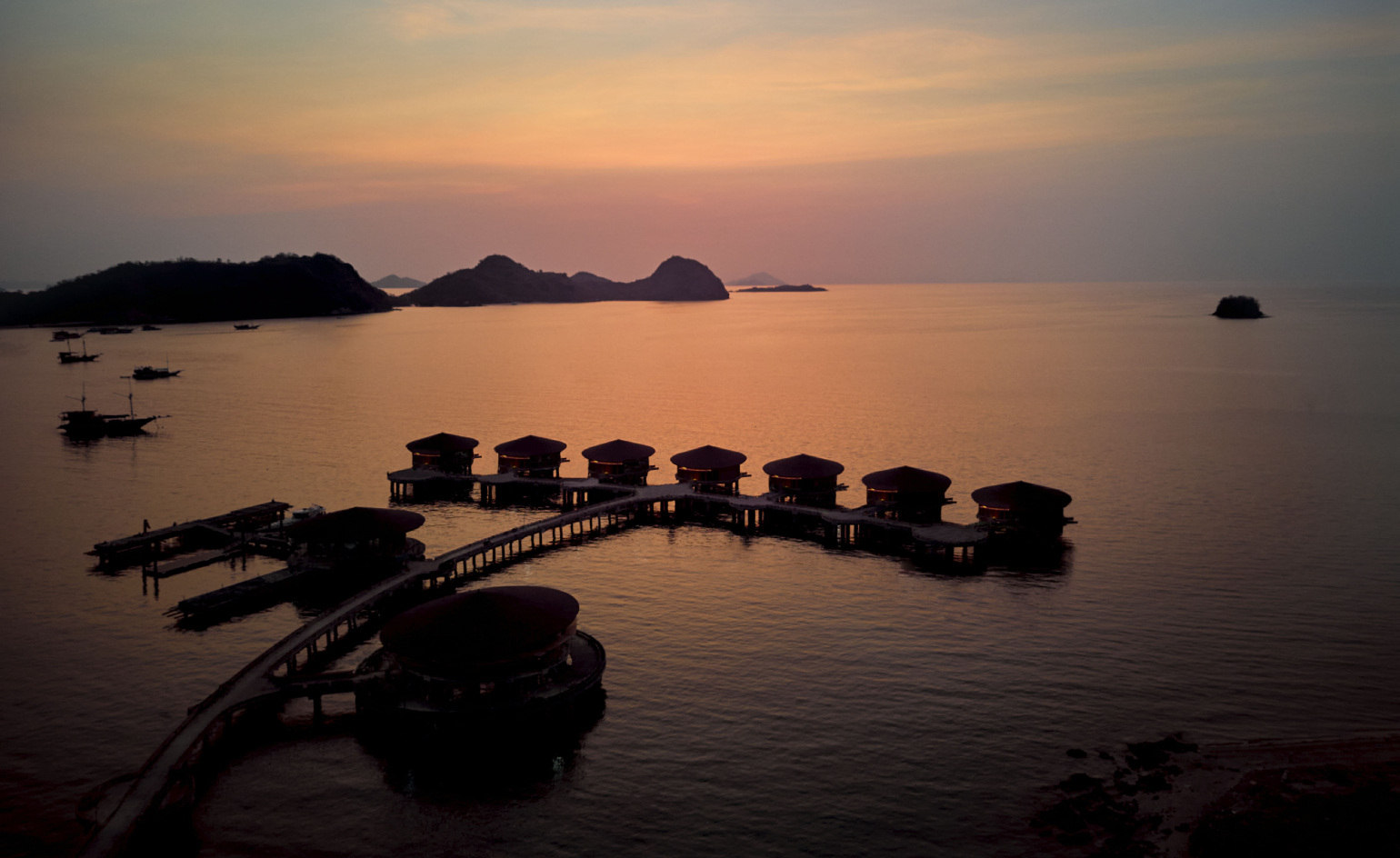 Six hotels where you’ll find the winter sun this February
Six hotels where you’ll find the winter sun this FebruaryFrom intimate seaside inns to lush tropical resorts, here are six Wallpaper*-approved winter sun escapes
By Sofia de la Cruz
-
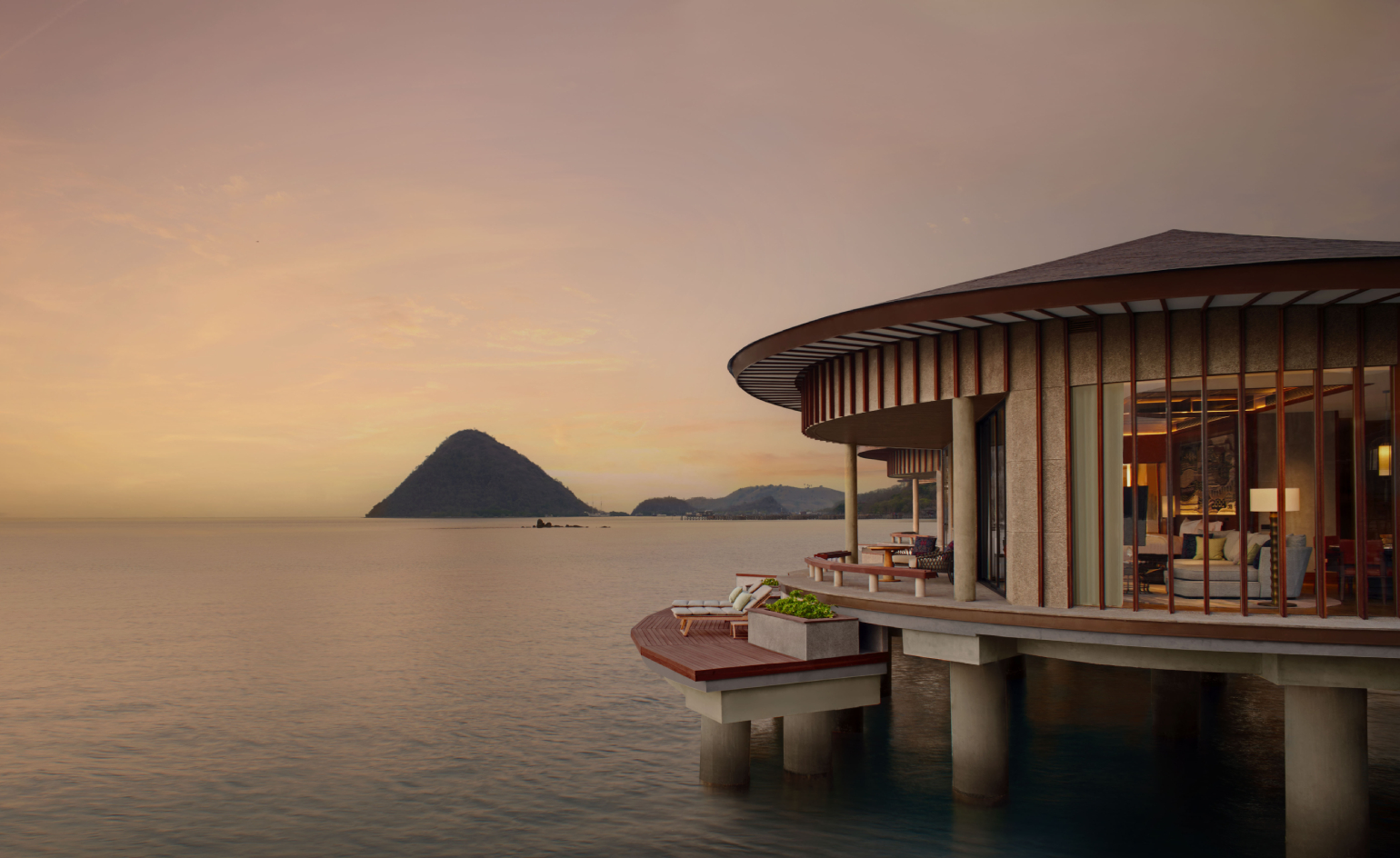 The new hotels you’ll want to stay at in 2025
The new hotels you’ll want to stay at in 2025Where to stay in 2025? Let six of the most-read-about hotel openings of the past 12 months inspire your escape – from a tiny Tokyo bolthole to a Tanzanian safari retreat
By Sofia de la Cruz
-
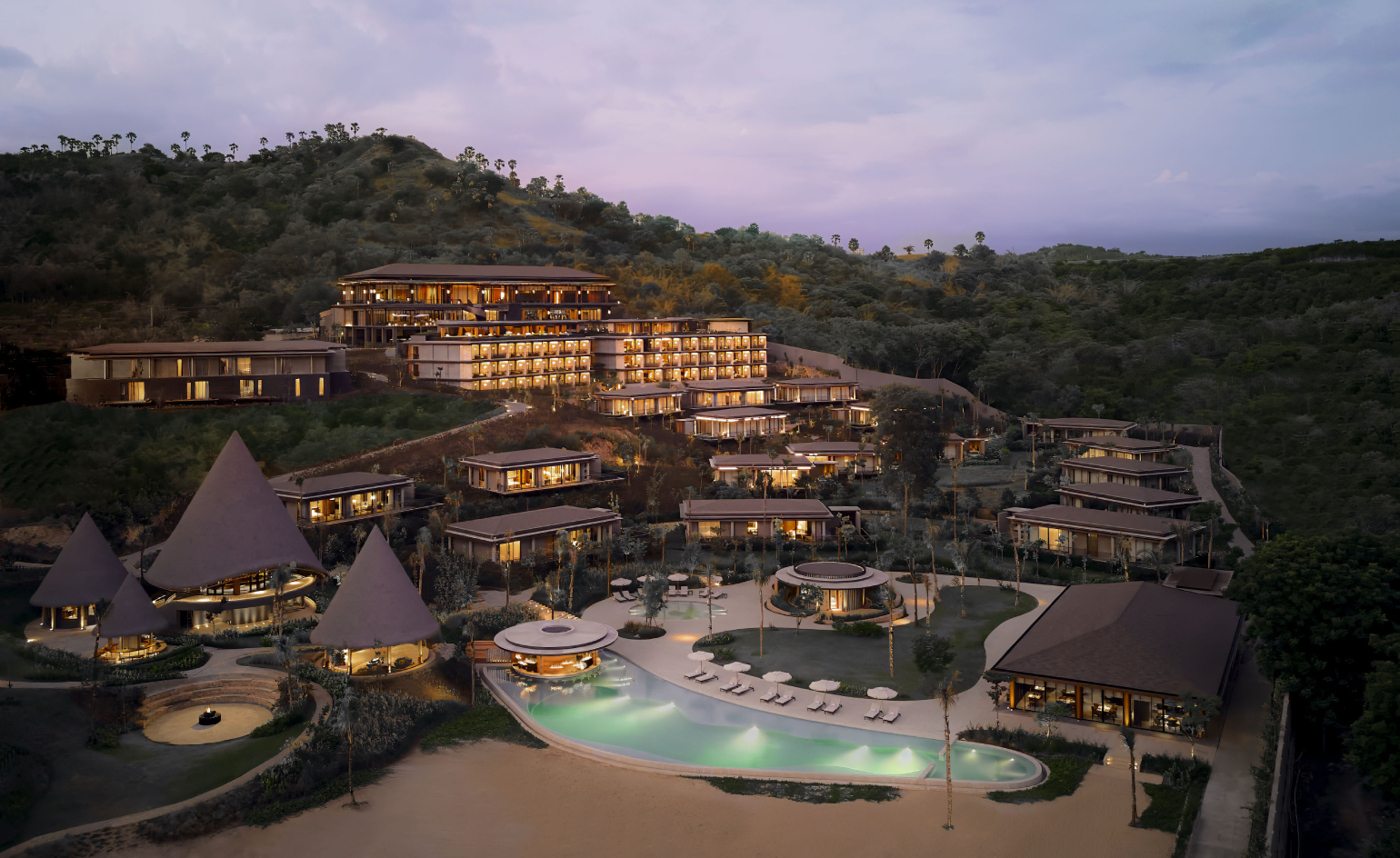 Flit to the Indonesian island of Flores and its new luxury resort
Flit to the Indonesian island of Flores and its new luxury resortTa’aktana Labuan Bajo melds an eco-conscious philosophy with local cultural influences
By Jen Paolini
-
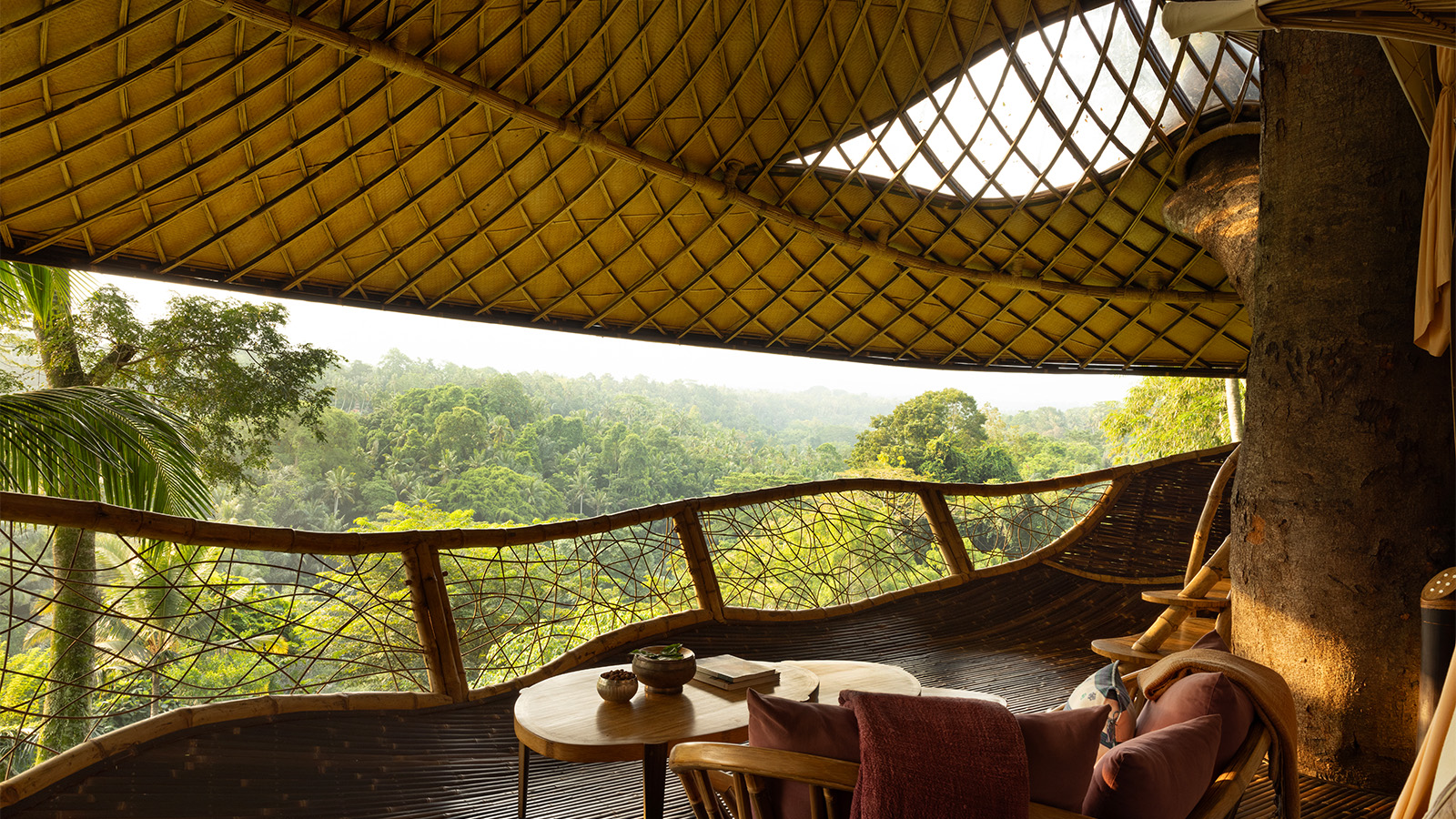 Tour Bambu Indah, a Balinese hideaway akin to the Garden of Eden
Tour Bambu Indah, a Balinese hideaway akin to the Garden of EdenBambu Indah resort offers undiscovered antique charm amongst an otherworldly jungle context
By Tianna Williams
-
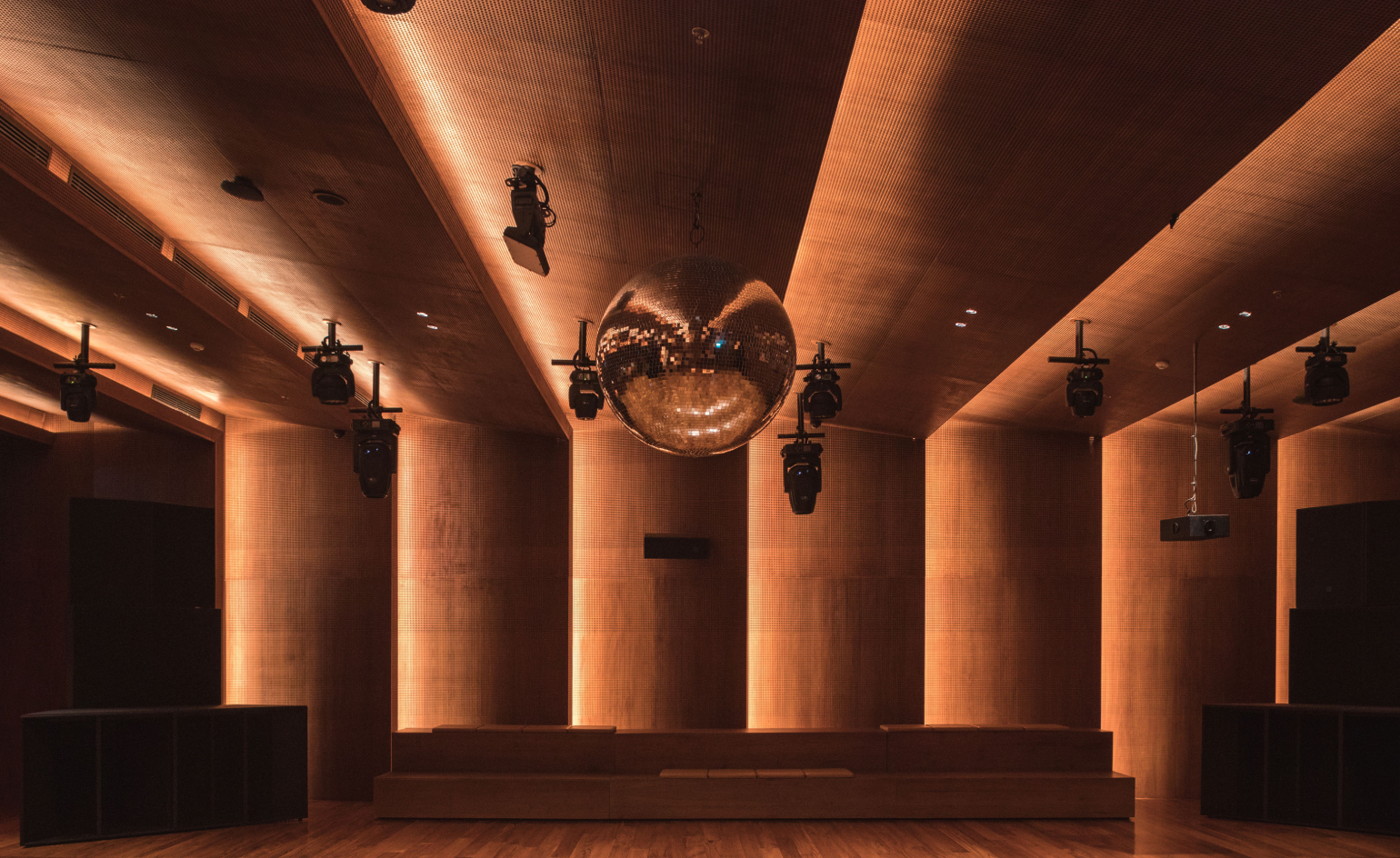 Potato Head Bali sets the tone with a new immersive nightclub space
Potato Head Bali sets the tone with a new immersive nightclub spacePotato Head Bali has collaborated with architecture studio OMA and DJ Harvey to open Klymax Discotheque
By Sofia de la Cruz
-
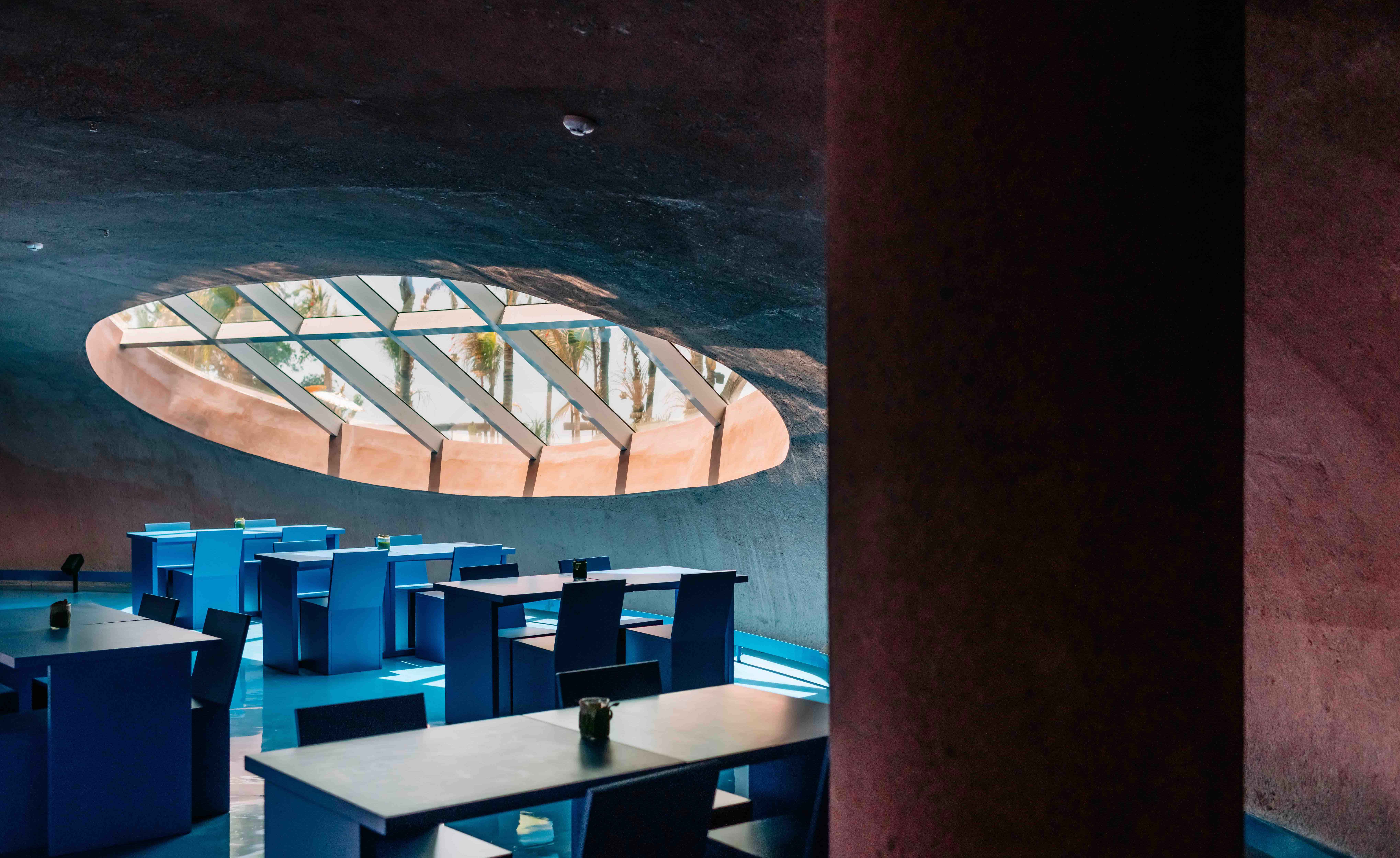 Potato Head Studios — Bali, Indonesia
Potato Head Studios — Bali, IndonesiaBy Chris Schalkx
-
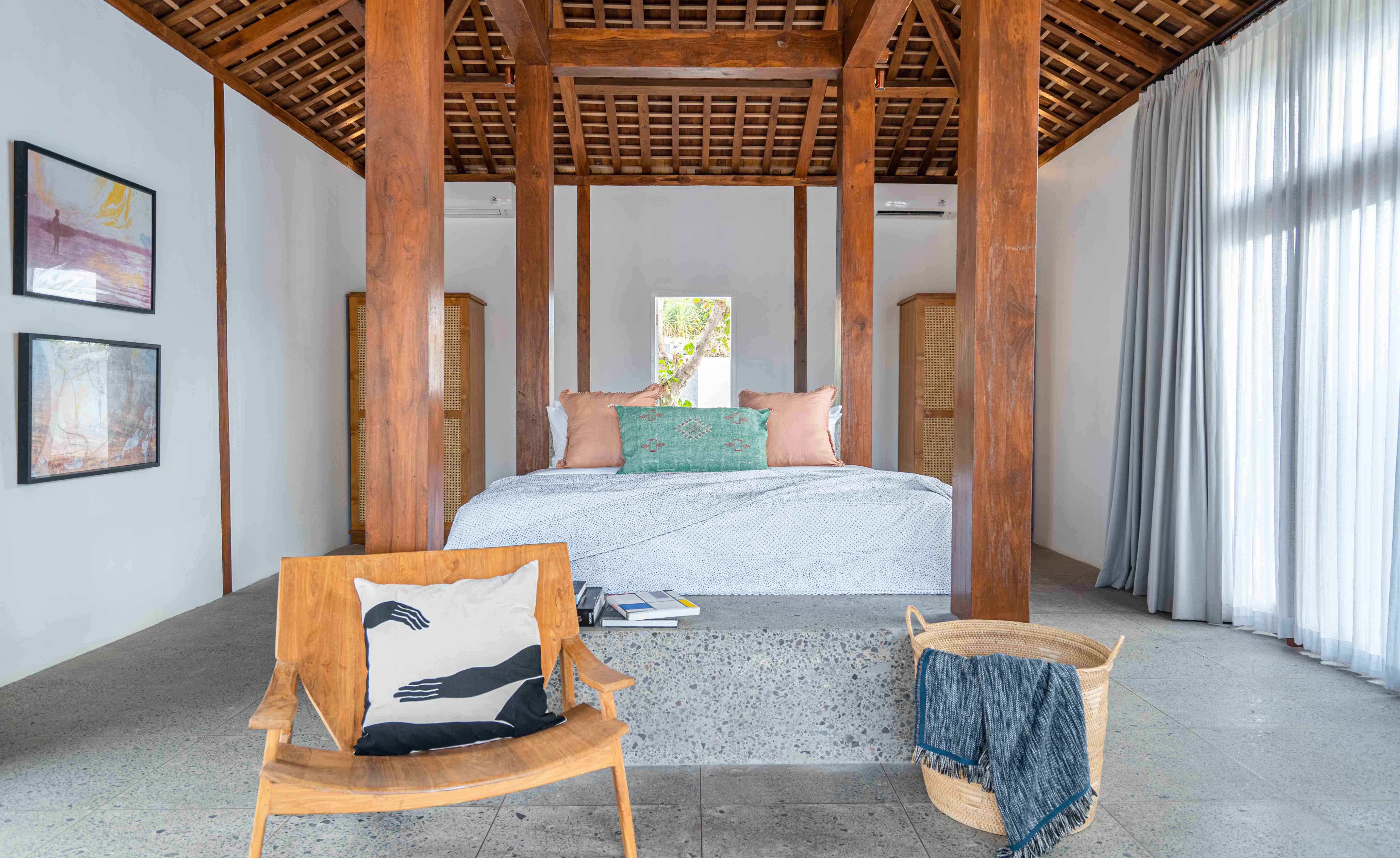 Mandala.The Bay — Bali, Indonesia
Mandala.The Bay — Bali, IndonesiaBy Daven Wu